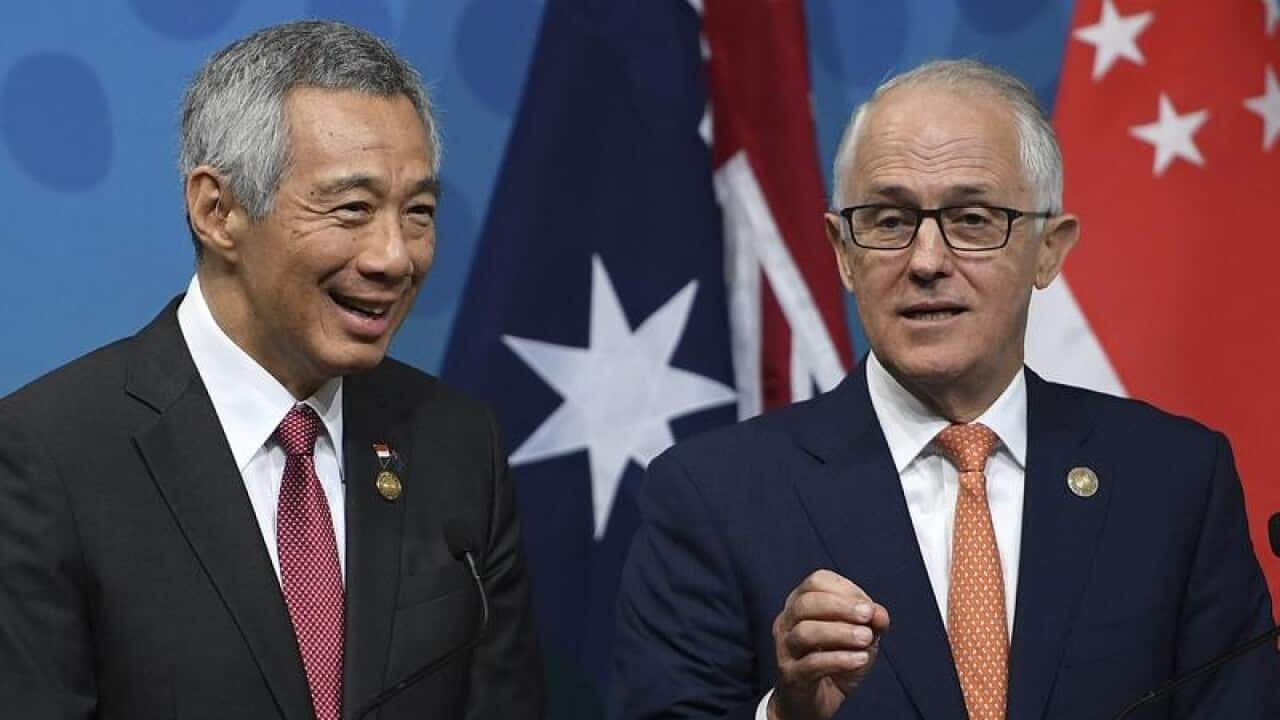Australia is launching an ambitious bid to help Southeast Asian countries fix some of their urban planning nightmares, slums and traffic-gridlocked roads.
Prime Minister Malcolm Turnbull will announce a $30 million investment to support "smart cities" on Saturday as he hosts leaders from the 10-country Association of Southeast Asian Nations for a special summit in Sydney.
The initiative will set up a knowledge bank of sustainable urban planning ideas to be shared between ASEAN countries and Australia.
The Economist ranked Melbourne the world's most liveable city seven years in a row last year, while Perth and Adelaide also ranked in the top ten.
In comparison, megacities in Southeast Asia like Jakarta, Manila and Bangkok are well down the list.
Mr Turnbull says modern cities are embracing technology like sensors and wiring up electronic-commerce and electronic cash and there was scope to have compatible systems across different countries.
He considers Singapore an outstanding example of urban planning.
The prime minister will make the announcement during a keynote address at a forum of chief executive officers alongside Indonesian President Joko Widodo.
The pair will discuss progress on free trade negotiations during their bilateral talks and they dined at Mr Turnbull's Harbourside home on Friday night.
Indonesia and Australia had hoped to sign a free trade deal on the sidelines of the summit after failing to meet a deadline late last year.
But negotiations are ongoing and there is no timeframe on sealing the pact.
Mr Widodo has said it was a good idea for Australia to join ASEAN but Mr Turnbull has expressed reluctance to do that.
The prime minister is also expected to hold official talks with leaders from Laos, Malaysia, Thailand, the Philippines and Brunei.
Home Affairs Minister Peter Dutton will also open a counter-terrorism conference at the summit.
"The use of encrypted messaging by terrorists and criminals is potentially the most significant degradation of intelligence capability in modern times," Mr Dutton will say.
The threat of foreign fighters returning to Southeast Asia from the Middle East and boosting counter-terrorism information sharing and strategies to combat radicalisation and online propaganda will be on the agenda.
With the so-called Islamic State caliphate mostly crushed in Iraq and Syria, Australia and Southeast Asian countries are making sure they are ready to keep Islamic extremists at bay.
There are hopes that boosting co-operation will ensure there is no repeat of last year's five-month insurgency flare up in Marawi, the Philippines.
Meanwhile, Cambodian expats will continue protesting against Prime Minister Hun Sen's visit to Australia, after hundreds rallied in Sydney overnight.
Mr Turnbull raised concerns about Cambodia's crumbling democracy and human rights record privately behind closed doors at a meeting with his Khmer counterpart on Friday
Cambodia is on a spiral towards authoritarianism following last year's ban on the main opposition party, the arrest of opposition leader Kem Sokha and the forced closure of an English-language newspaper.

